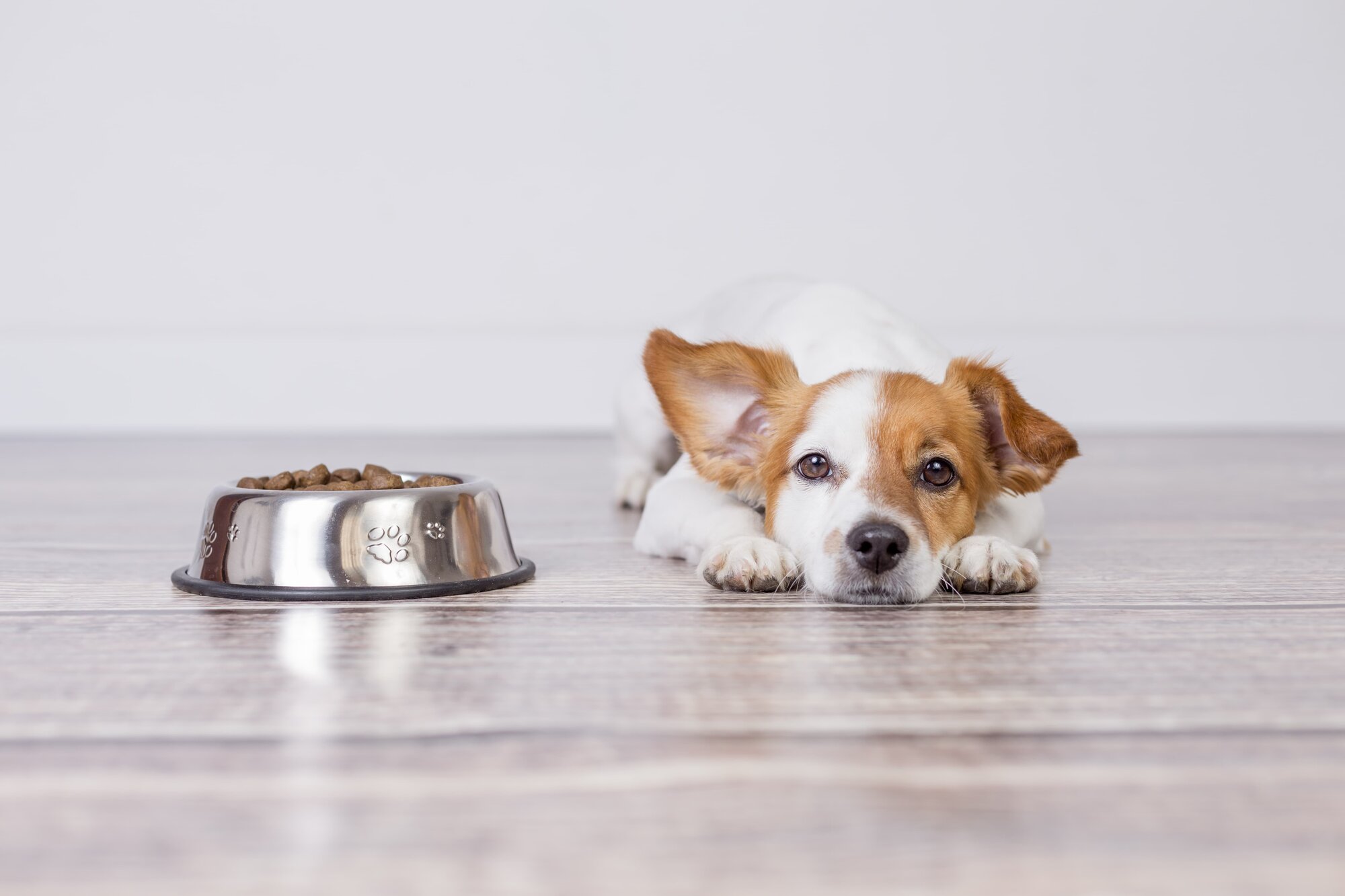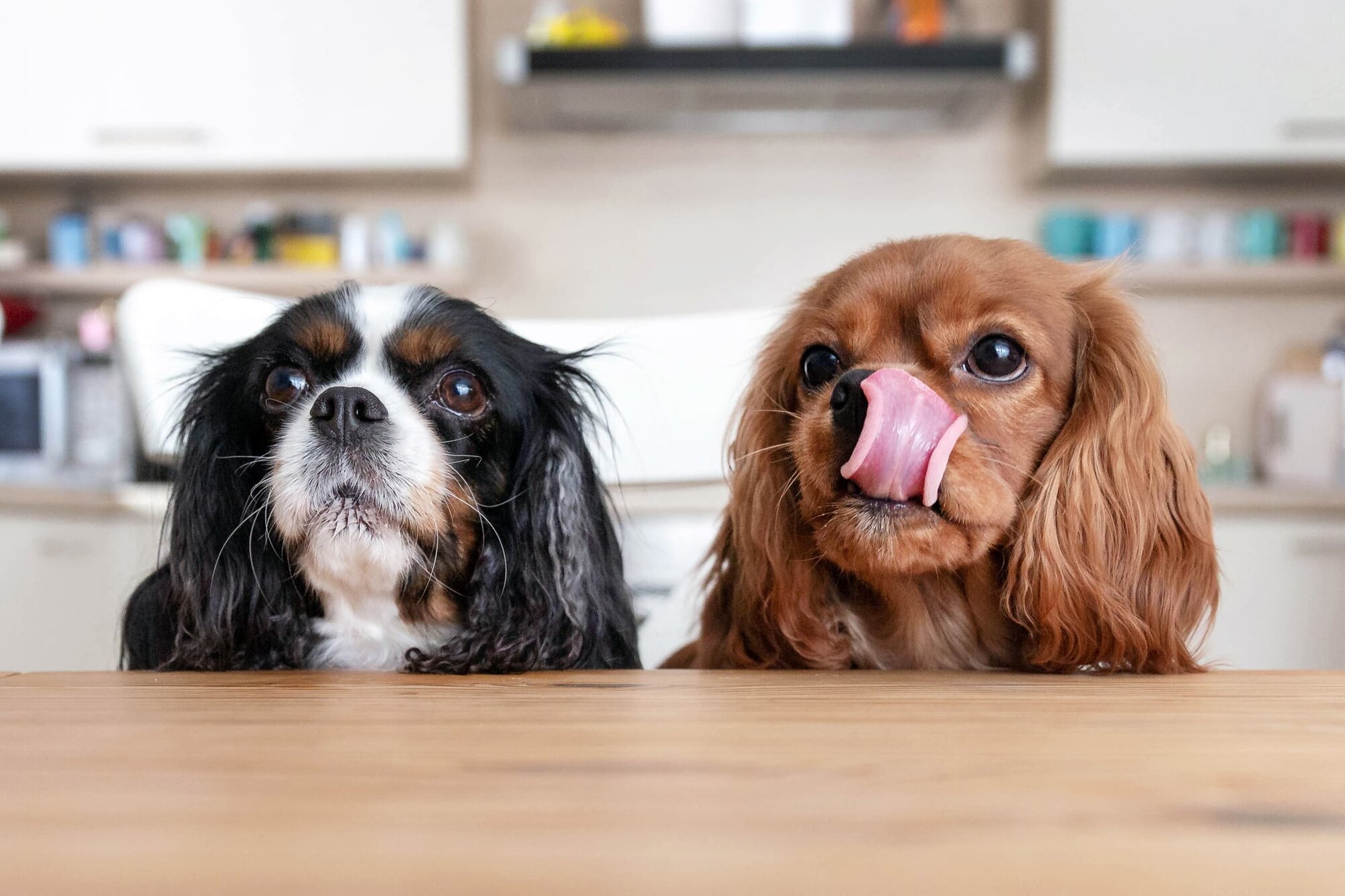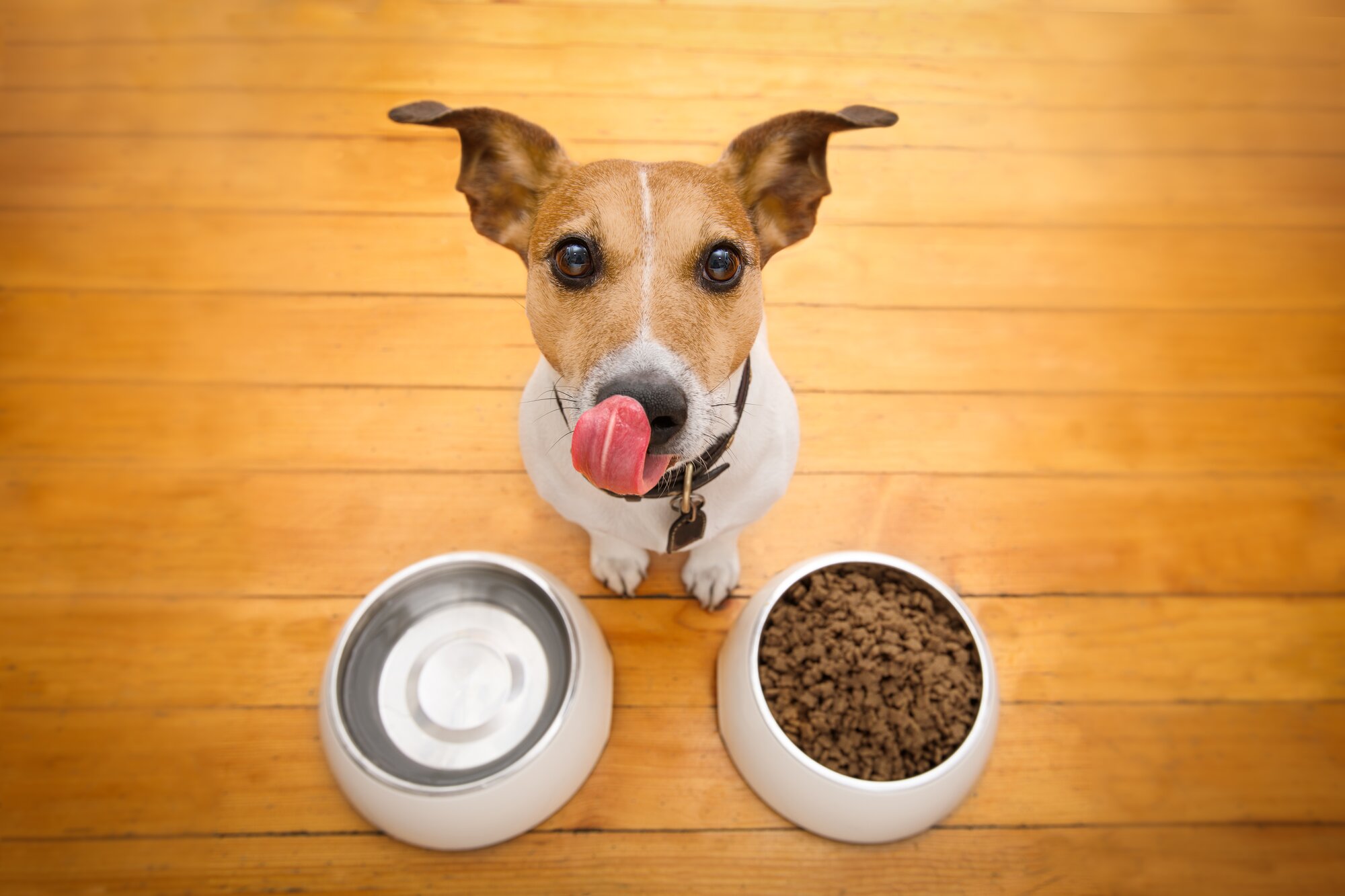Specific personal preference
Like us, most dogs have personal preferences and may favour a certain texture, flavour and/or consistency when it comes to their food. Some dogs will take this to the extreme and refuse anything else. These dogs often eat their preferred foods with no issues but repeatedly turn their nose up at other foods.
Learned behaviour
Some dogs become fussier over time because they learn to wait for something better. Often owners inadvertently create this issue by giving in and offering their pet a higher-value treat if they don't eat their usual food. Feeding tasty 'human' food and changing diets too regularly can also contribute to this problem.
Not enough variety
While some dogs are perfectly happy to remain on the same food for life, others initially eat their food well but become bored of it after a while. These dogs will gradually show less interest in their usual food in favour of something new.
Anxiety
Anxiety is a common reason for a dog to be fussy with its food. Periods of change or adjustment, such as moving house or a new family member (two- or four-legged) can affect appetite. Lack of privacy when eating and noisy eating environments can trigger anxiety. Dogs suffering from separation anxiety can become reluctant to eat before or after their owners leave the house. These dogs may have a fluctuating, 'on and off' appetite, or suddenly go off their food when a stressor occurs.
They're not food motivated
Some dogs naturally prefer to graze on their food throughout the day rather than eat it all at once and this eating pattern can be mistaken for a picky appetite. Likewise, dogs that are attention-motivated rather than food-motivated can be misidentified as fussy eaters.




